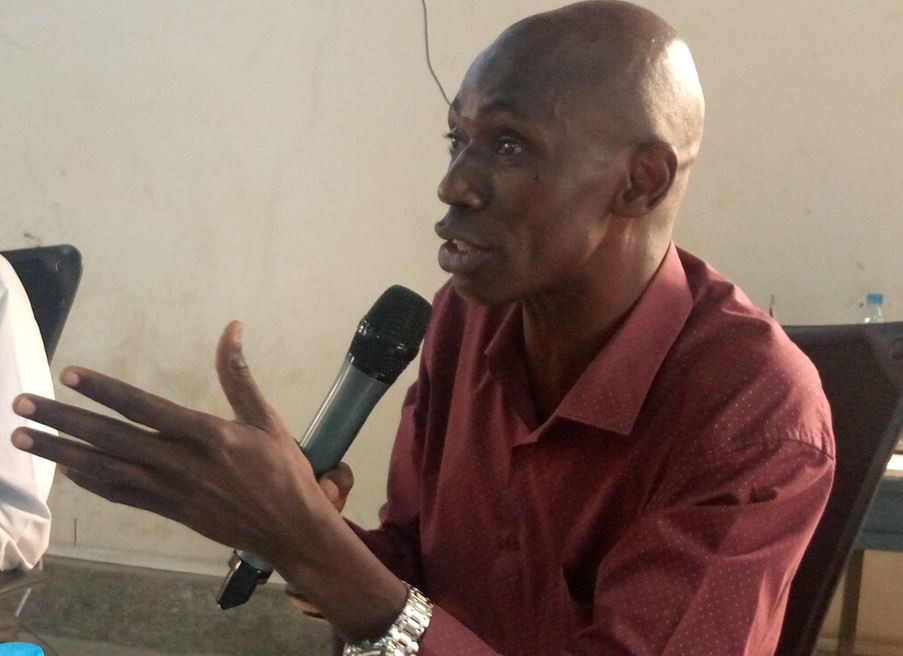WFP receives $1.4M to fight malnutrition for Sudan, South Sudan

The United Nations World Food Programme (WFP) signed two agreements with the Kingdom of Saudi Arabia to treat and prevent malnutrition in Sudan and South Sudan.
The funds, worth $1.4 million, will assist more than 35,000 children and pregnant or breastfeeding mothers affected by conflict, economic shocks, and climate catastrophes.
The financing, according to Michael Dunford, WFP Regional Director for East Africa, arrives at a crucial moment.
“With extreme hunger comes malnutrition and we have already started to receive reports of children in Sudan dying of starvation. Support for our nutrition programmes is critical to prevent these deaths as well as the long-term impacts of childhood malnutrition,” he noted in a statement
The WFP said that about 29,000 people in Sudan have been affected by the fighting, while nearly 6,000 people in South Sudan are affected by a continuing humanitarian catastrophe brought on by economic, environmental, and political issues.
“This funding comes at a critical time, it’s been one year since the conflict in Sudan began and has since spiralled into what may soon be the world’s largest hunger crisis,” said Dunford.
Dr. Abdullah Al Rabeeah, the Supervisor General of KSrelief and Advisor to the Royal Court, and Cindy McCain, the Executive Director of the World Food Program, signed the agreements in Paris during a pledge meeting concerning the Sudan crisis.
“We are committed to supporting vulnerable population groups in Sudan and South Sudan, and to fostering a healthier and more resilient future for all communities,” Dr. Abdullah Al Moallem, Director of KSrelief’s Health and Environmental Aid Department,” he stated.
He added “Today’s event allows us to highlight the signing of two projects with the WFP for a total cost of USD 1.4 million to provide emergency nutritional aid for children and for pregnant and lactating women.
According to Dr. Abdullah Al Moallem, the initiatives would support the funders’ efforts to combat hunger and malnutrition in both nations by giving those in need access to essential food and medical care.


